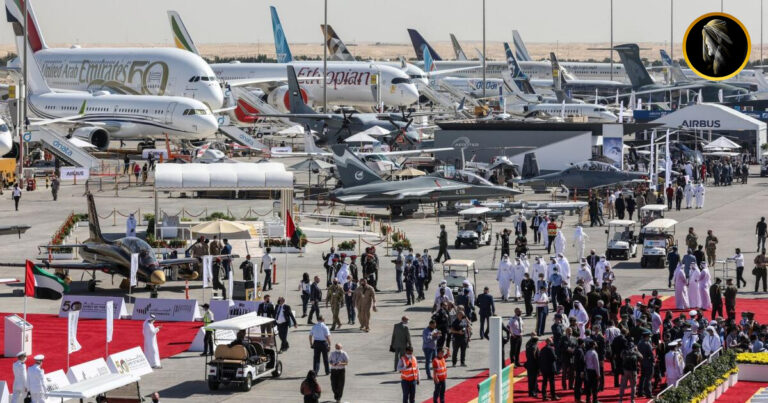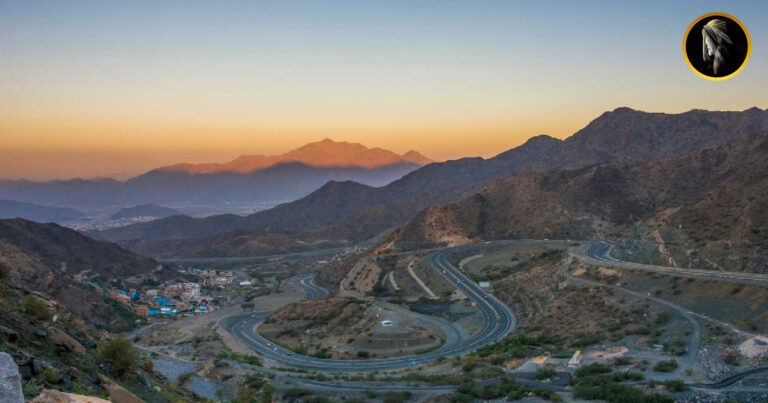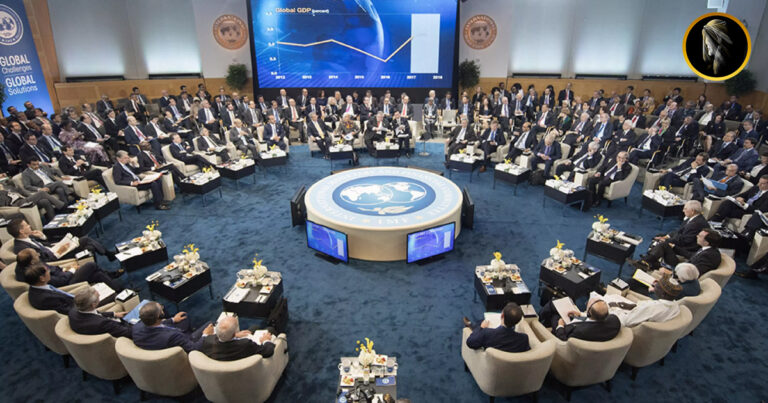A recent report evaluating the environmental impact of tourism highlights significant progress made by Saudi Arabia in the past decade. The Kingdom is investing nearly $800 billion in the tourism sector as part of its economic diversification efforts. The World Travel and Tourism Council (WTTC) CEO, Julia Simpson, emphasized the importance of sustainable tourism, particularly in light of the Kingdom’s drive to attract visitors and reduce its dependency on oil.
The report was launched during the Future Investment Initiative (FII) and is the first in over 30 years to provide specific figures. It underscores the Saudi government’s commitment to sustainability, especially as the country is home to Islam’s holiest sites, making religious tourism a prominent sector.
Saudi Arabia has made considerable progress in tourism over the past five years, as reflected in the report’s findings. The report also noted that sustainability is a top priority for the Kingdom, with every entity in Saudi Arabia dedicated to sustainability.
As the Saudi tourism industry grows and attracts visitors interested in culture and landscapes, the Kingdom is resolute in taking a sustainable path for the long term. The Sustainable Tourism Global Center (STGC) is engaging with young travelers to gather their views on sustainable travel and provide a platform for their ideas.
The report highlighted that the Middle East, while not among the top countries with the highest emissions, relies heavily on fossil fuels for its energy needs in the tourism sector. The region ranks second, behind Africa, in energy intensity per unit of activity. Qatar, Saudi Arabia, and Turkey are among the countries with the highest reductions in emission intensity.
The report’s findings will help guide Saudi Arabia’s tourism projects and offer insights to mature tourist destinations to assess their environmental impact. This report, created in partnership with Oxford Economics, will be released annually to track global emissions from tourism and promote solutions and a shared framework.
Air travel was identified as a major contributor to emissions, and the report called for a collaborative effort between the travel and aviation sectors to reduce its negative impact. The WTTC urged governments to incentivize the production of sustainable aviation fuels (SAF) and set ambitious targets to reach net-zero emissions by 2050.
The travel and tourism industry contributed significantly to the global GDP and jobs in 2019, but it also accounted for 8% of global carbon emissions. The report revealed that between 2010 and 2019, greenhouse gas emissions from the sector increased at an average rate of 2.5% annually. However, the report also noted a consistent decline in emissions intensity over the last decade, with the sector’s commitment to achieving net-zero emissions being essential for sustainability.
Saudi Arabia is taking a leading role in accelerating and monitoring change to promote sustainability in the tourism sector and support communities while protecting the environment.









